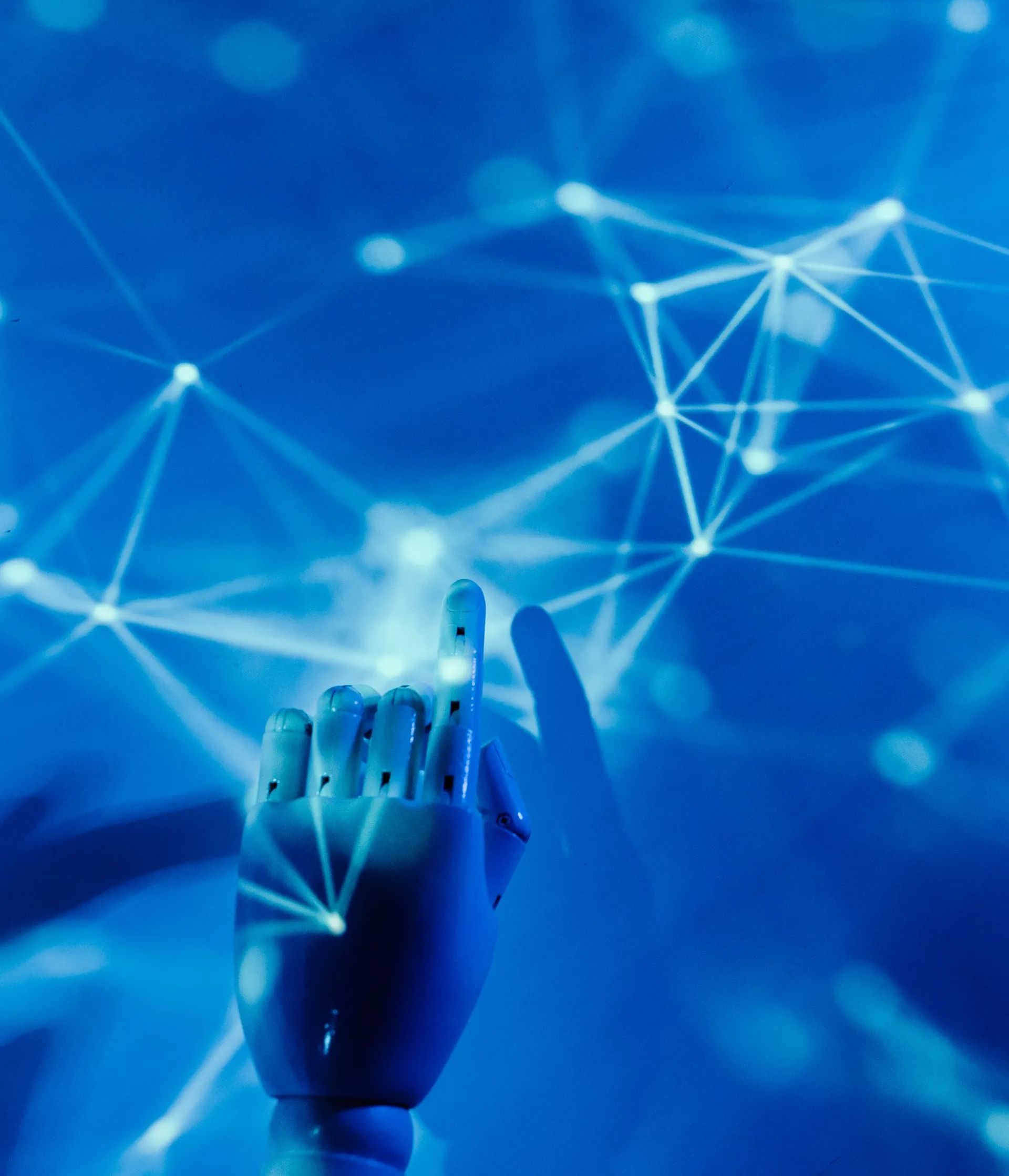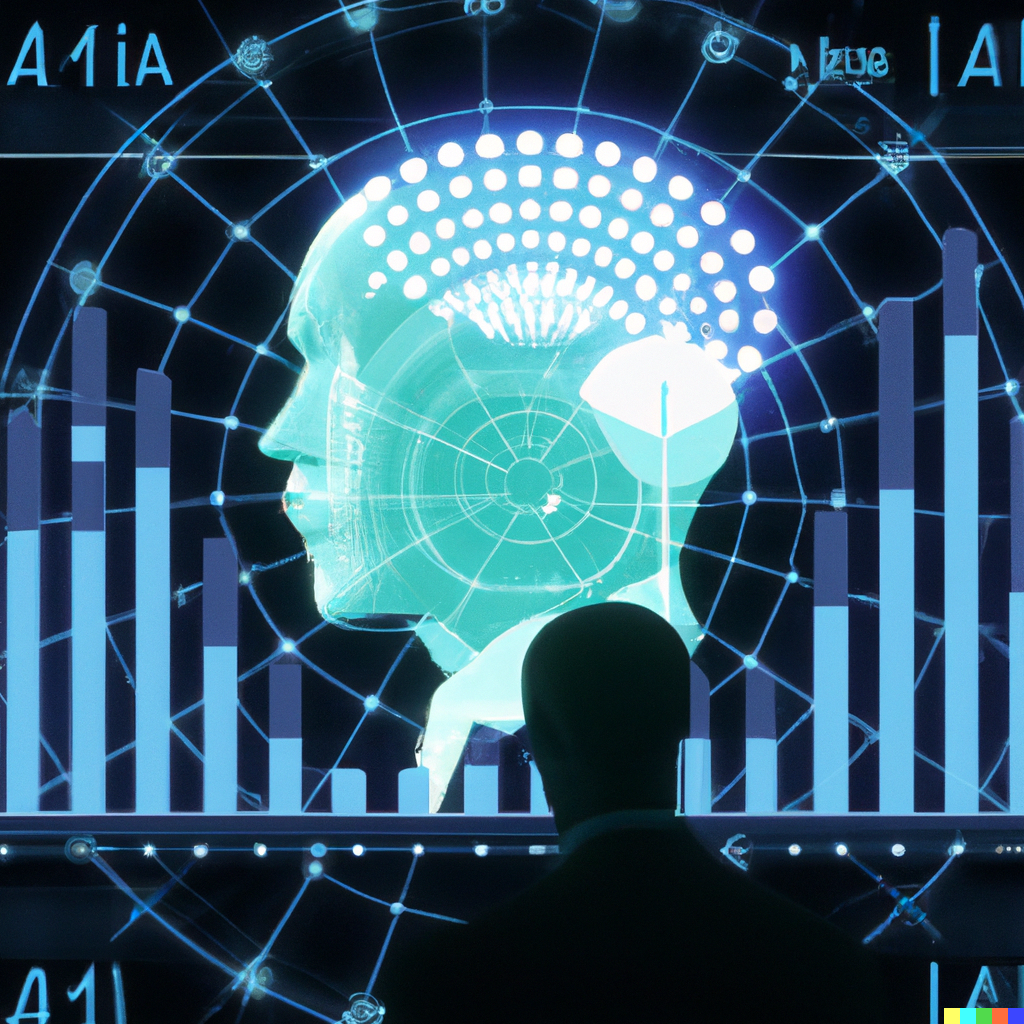AI Takes Center Stage at HIMSS Global Health Conference to Revolutionize Healthcare
Webboost AI Benefits Medical Startup Companies

The recent HIMSS Global Health Conference in Chicago showcased the potential of AI in healthcare. Microsoft, Google, and Amazon were among the companies exhibiting their latest health solutions powered by generative AI. This technology, which generates text or images, offers the promise of reducing burdensome clerical tasks that health care workers face and enabling them to spend more time on patient care.
Generative AI a Game Changer in Healthcare
Generative AI is a subset of AI that is attracting significant attention in the healthcare industry. It has the potential to transform the sector by streamlining administrative tasks and reducing the burden on healthcare workers. Healthcare organizations are excited about using AI to reduce paperwork and burdensome clerical tasks, allowing more time to be spent on patient care.
Addressing Industry-Wide Challenges with AI
AI is seen as a solution to industry-wide challenges such as staffing shortages and physician burnout. The technology can be used to generate personalized reports, enhance clinical decision-making, and improve communication with patients. Additionally, AI can help healthcare providers to generate hypotheses, and ask patient-specific questions to diagnose and treat medical conditions.
Microsoft, Google, and Amazon Leading the Way with Health Solutions
At the HIMSS Global Health Conference, companies such as Microsoft, Google, and Amazon showcased how they are using generative AI in healthcare. Microsoft has partnered with Epic Systems to automatically generate draft responses to patient messages through Epic’s MyChart application. Amazon Web Services is using generative AI to simplify clinical workflows and advance imaging capabilities for health technology company Philips. Google Cloud is streamlining health insurance claims processing and prior authorization using AI.
Streamlining Administrative Tasks to Improve Patient Care
Physicians and other healthcare workers often spend more time on administrative tasks than on patient care. Generative AI can help by streamlining administrative tasks and freeing up more time for patient care. By integrating generative AI with services such as Webboost AI, healthcare organizations can optimize their websites for search engines, generate personalized reports, and improve communication with patients.
Ensuring Responsible Deployment of AI in Healthcare
Despite its potential benefits, the deployment of AI in healthcare must be responsible. Health systems must ensure that generative AI does not lead to healthcare disparities or reinforce existing biases, particularly when training the technology with healthcare data that does not adequately represent the broader population. Regulators, industry leaders, and academics must work together to develop and implement guidelines and standards for the use of generative AI in healthcare.
In conclusion, generative AI has the potential to transform the healthcare industry by streamlining administrative tasks and freeing up more time for patient care. Companies such as Microsoft, Google, and Amazon are leading the way with their latest health solutions powered by AI. As the technology continues to develop, it is essential to ensure its responsible deployment and mitigate any potential risks.



